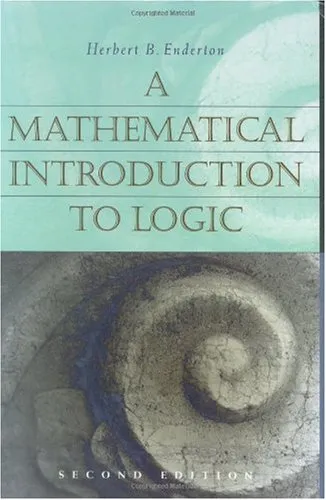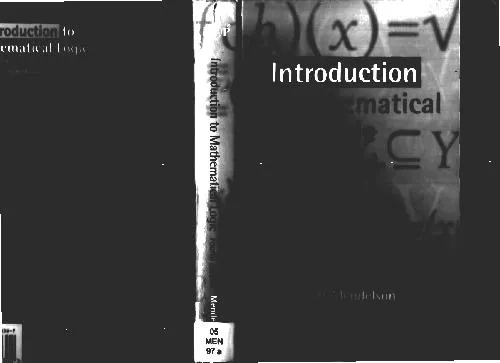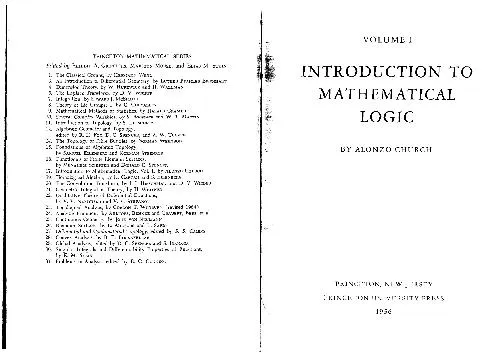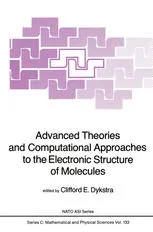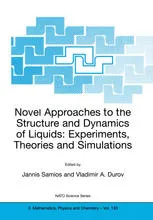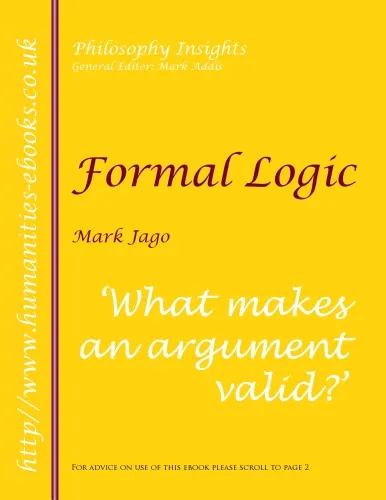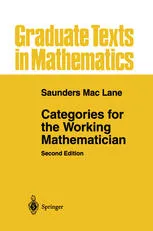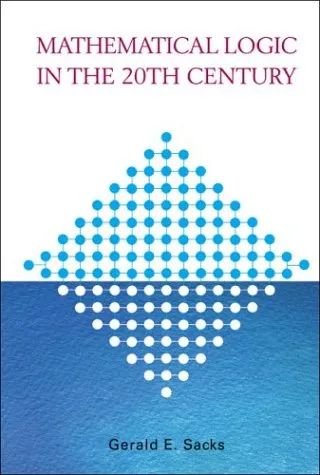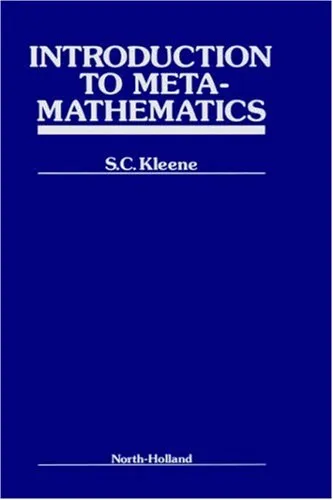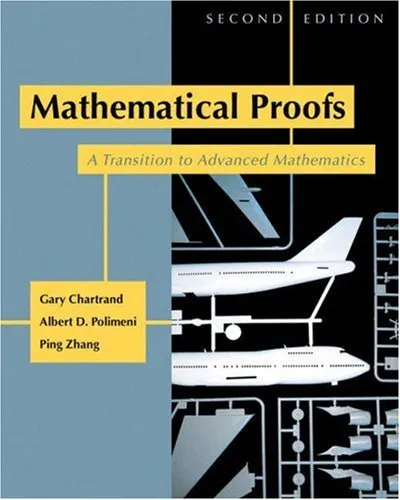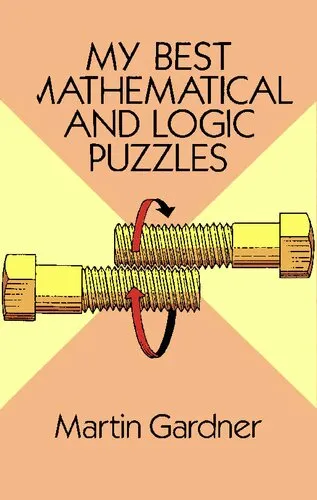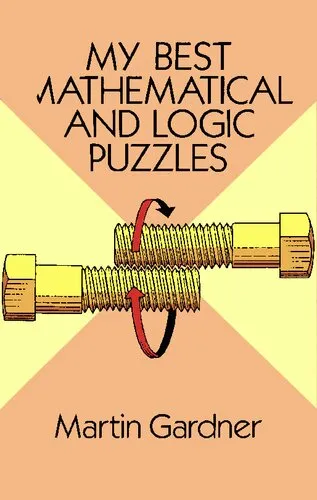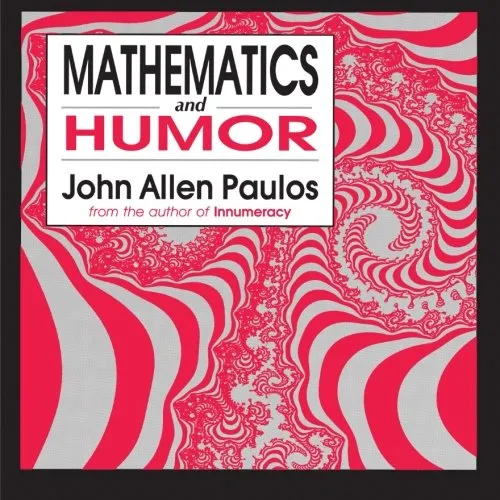A mathematical introduction to logic
4.6
Reviews from our users

You Can Ask your questions from this book's AI after Login
Each download or ask from book AI costs 2 points. To earn more free points, please visit the Points Guide Page and complete some valuable actions.Related Refrences:
Introduction to 'A Mathematical Introduction to Logic'
'A Mathematical Introduction to Logic' is a pivotal work that delves deeply into the structure of mathematical logic. Authored by Herbert Enderton, this book is designed to present both the fundamental principles and the more intricate aspects of logic to students and enthusiasts of mathematics. Through rigorous exploration and a systematic approach, Enderton provides a comprehensive guide that balances theoretical concepts with practical applications. This book is ideal for those looking to expand their understanding of logical syntax, semantics, and the essential role logic plays in the realm of mathematics.
Detailed Summary of the Book
The book is structured to guide the reader from the basic elements of logic to more advanced topics. It begins with an exploration of propositional logic, setting the stage for an understanding of more complex structures. Enderton meticulously illustrates the use of tables, methods, and proofs to establish a foundational comprehension of logical statements and their interconnections.
Following this, the book delves into predicate logic, which is a more elaborate system of symbolic logic. The author explains different types of predicates, quantifiers, and the intricacies involved in building logical expressions. As one progresses through the text, it becomes clear how predicate logic extends the expressive power of mathematical language, allowing for a deeper grasp of logical arguments.
Furthermore, 'A Mathematical Introduction to Logic' covers topics such as set theory, model theory, and the completeness theorem, which are crucial for understanding more sophisticated logical frameworks. Notably, Enderton discusses Gödel's incompleteness theorems, drawing attention to the limits of formal systems and the philosophical implications these theorems entail.
Key Takeaways
- Logical frameworks are essential for the formulation and resolution of mathematical problems.
- Understanding both propositional and predicate logic is fundamental in analyzing logical expressions and constructing valid arguments.
- The exploration of advanced topics such as set theory and model theory enriches one's perspective on traditional and non-classical logics.
- Gödel's incompleteness theorems introduce significant philosophical discussions about the limitations of mathematical systems.
Famous Quotes from the Book
Logical consequence is at the heart of what logic is about. One set of sentences logically implies another set if any situation that makes all the sentences of the first set true also makes all the sentences of the second set true.
In mathematics, logic serves both as an object of study and a tool for other mathematical investigations.
Why This Book Matters
'A Mathematical Introduction to Logic' is an indispensable resource for anyone pursuing studies in mathematics or philosophy. By nurturing a robust comprehension of logic, readers can enhance their analytical thinking skills, facilitate problem-solving capabilities, and appreciate the structure underpinning mathematical theories. Enderton’s text is not just a mere introduction but a stepping stone to advanced logic courses and research, serving as a catalyst for ongoing intellectual curiosity in logic.
Additionally, the book's clear explanations and insightful examples make complex logical concepts accessible to newcomers while still challenging seasoned mathematicians. By addressing the limits of formal systems and discussing broader implications, the book encourages readers to reflect on the philosophical dimensions of logic.
Free Direct Download
You Can Download this book after Login
Accessing books through legal platforms and public libraries not only supports the rights of authors and publishers but also contributes to the sustainability of reading culture. Before downloading, please take a moment to consider these options.
Find this book on other platforms:
WorldCat helps you find books in libraries worldwide.
See ratings, reviews, and discussions on Goodreads.
Find and buy rare or used books on AbeBooks.
1511
بازدید4.6
امتیاز0
نظر98%
رضایتReviews:
4.6
Based on 0 users review
Questions & Answers
Ask questions about this book or help others by answering
No questions yet. Be the first to ask!
